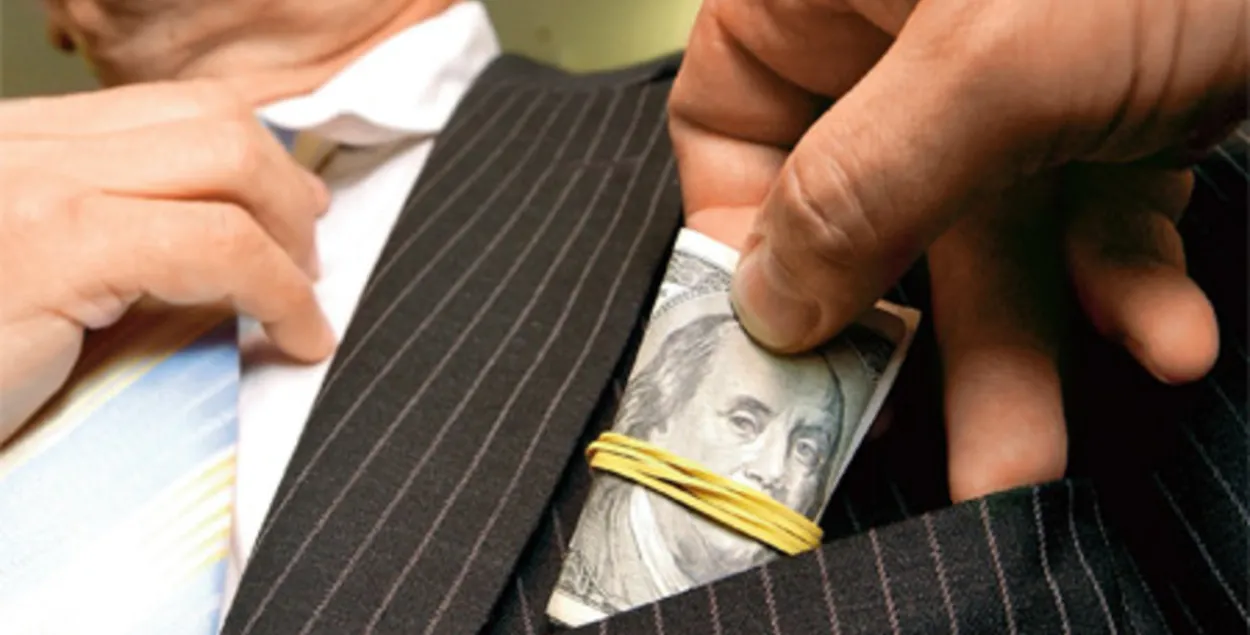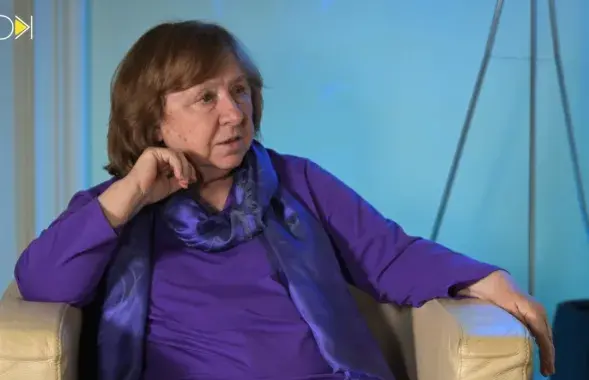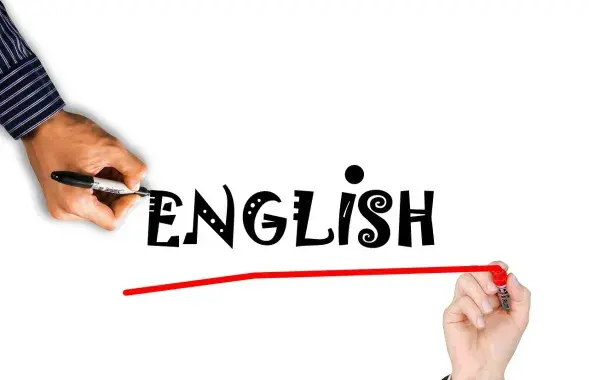New law 'On Corruption' - officials will monitor themselves

The new law has been in development for almost two years. The previous one was passed in the summer of 2006 and, apparently, it was not working quite right. The new one was adopted by the deputies in the summer, it entered into force on January 24, 2016. The changes include:
1. Withdrawal of the pension for bribe
Now the official caught taking bribes or involved in any other corruption activities could be deprived of pension. And not only official, but also a policeman or military officer. However, these people will not be left without any pension at all, because they will only lose pensions for so-called "seniority". It means they will get the old-age pension after all. The difference today is approximately one million rubles. The average pension in Belarus is 2.89 million rubles and the one with "seniority" bonus is 3.7 million.
2. Property declaration for the children of officials
This is also a completely new thing. Now once a year before 1 March every official has to file property declaration. Not only his own, but also of his wife and children, juveniles and adults, even if they live with their parents. An interesting point here is that in the declaration the official will have to specify all the property which it had used for more than six months that year. For example, if someone drove a friend's car, they have to mention it.
The important thing here is that the content of the declarations will not be published anywhere (although it was what many people, including those discussing the issue at the forums of state newspapers wanted). Also, disclosure of this information may lead to punishment. "If a person with such information, for example, who worrks in our system, passes it to someone - of course, it would be a flagrant abuse of their official position," Euroradio learned at the prosecutor's office. Therefore there is no use hoping that after the new anti-corruption law comes into force, we, journalists, and ordinary people will know what they own and how much officials are earning. And it is a pity.

"We will want the officials who had unreasonably received property to return it. And if they do not do it on their own, we will demand it in court - this is probably the most important novelty."
3. An official will be able to legally spend 24% more than they earn
It is a controversial decision, but it cannot be helped - the new law has this particular wording. Prosecutors may get interested in the life of an official, only when his spendings exceed income by 25%. Simply put, if, for example, the head of the executive committee earns 100 thousand eurosa year and spends only 124 thousands, no one would say a word to them. If they spend 125 or more -- a case may be launched and the extra money seized.
In this regard, the question arises, what will happen to an ordinary man (for example, an entrepreneur), whose costs exceed 24% of revenues. It is unlikely that this will in no way interest the tax office.
4. No more punishment for small things.
The "small things" means "minor inaccuracies in the declaration of assets and income." That is, if the site has an area of 100 hectares, and the filed size in the declaration is 98, it will not be a problem. On the other hand, the size of these "discrepancies" will be determined by the prosecutor's office, and it may not consider the extra two hectares an imprecision. Luck will matter here.
5. Corrupt officials will not be able to return to his post.
It is not really the case. The new law for officials convicted of "corruption" prohibits them to once again occupy leadership positions, but only for five years. Theoretically, after this term, the official can get back to their original warm seat.

Sixty five officials were detained for bribes in Belarus last year.
Criminal proceedings were launched against 65 officials, 29 of them received a bribe of a thousand dollars or more - 520 thousand dollars for all.
6. Creation of an "institute of public control over corruption."
It sounds great. But in reality things are not as someone might think they are. The so-called "institutions of social control" will consist of ... officials themselves. "They will be created for enterprises, departments. People will be able to participate in them. This is one form of control. Any person may, for example, suggest some improvement of the legislation, if they consider it encessary. And of course, any signal from the public will be considered, we expect signals, including from journalists," said the source at the General Prosecutor's Office of Belarus. But how to find these signals, if almost all the information is "for official use only."

















